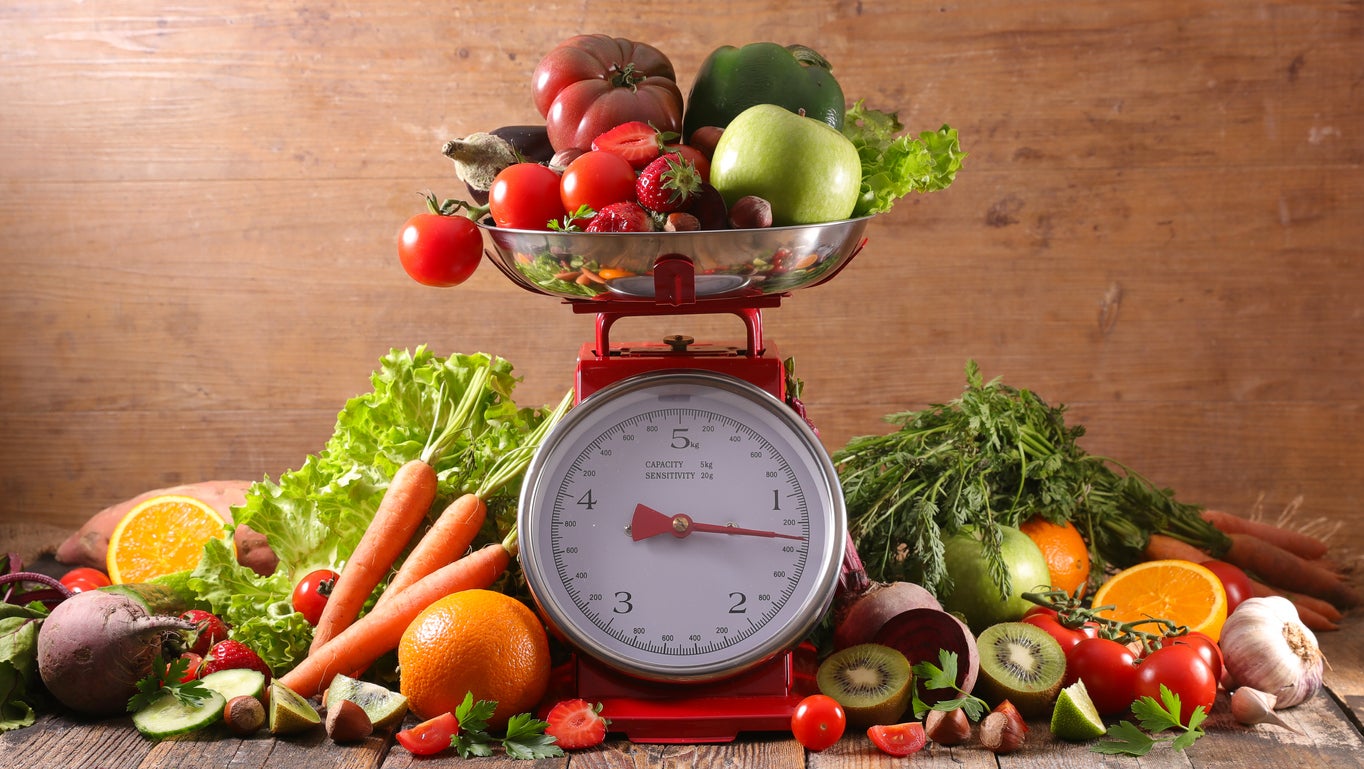Are imperial units going to help the Tories hide huge cost increases?
Please send your letters to letters@independent.co.uk

The plan to reintroduce pints and pounds is simply a crazy idea. It is a great example of small island nationalism that our government has come to represent and should be recognised for the dead cat tactic it really is, as well as being lazy dog-whistle politics.
Are we now going to teach school children both pints and litres and pounds and kilos or simply abandon the metric system altogether? There will be a generation who have grown up only knowing the metric system who will be confused, or is it the idea to confuse consumers to hide huge increases in the cost of foodstuffs so they won’t know what they are paying for?
No longer will it be a case of “Mummy whats an ounce?” but, “Mummy what’s a milligram?”
Nigel Groom
Essex
What could go wrong?
The government has quietly ended legal protections for clinically vulnerable people shielding from Covid – so quietly you could almost say secretly but for James Moore’s article. Good job no one is talking about plan B, circuit breakers or lockdowns this winter, then. What could possibly go wrong?
With a fire taking out the French-UK interconnector electricity cable, prompting the suggestion that one advanced gas-cooled nuclear power plant tripping offline could be enough to cause winter blackouts, what could possibly go wrong?
Or, with two fertiliser factories shutting down because of soaring gas prices, prompting industry warnings of food shortages and the government suggesting carbon dioxide supplies are an “absolute priority” at a time of grave shortages of drivers and farm labour... what could possibly go wrong?
Ian Henderson
Norfolk
Climate action
The sad truth is that nothing will dramatically change until the young people in protest groups such as Extinction Rebellion become old enough to take the levers of power. Only then will our climate emergency really become central to the world’s politics. I just hope it’s not too late.
Peter Gibson
Chipping Norton
Tokenism to win votes
Early on in my school career, almost 60 years ago, metric units were introduced. For the rest of my education, I was taught and examined in both metric and imperial units. It was painful. Fortunately, in my career as an engineer, I used metric units exclusively. They are easier to understand, and well suited to our digital world. Try putting stones, pounds and ounces into your iPad.
Now I see from Saturday’s Independent that imperial units are to be reintroduced. Can we look forward to small children being forced to climb chimneys, women not being able to vote, and the comeback of top hats and frock coats? The past is not a better place and it would be nice to think that taxpayers’ money is not being wasted on this sort of tokenism to win a few votes.
Bernard Cudd
Morpeth
Speak to children about vaccines
The announcement that children aged 12-15 will shortly receive a single dose of the Covid vaccine has given rise to heated debates about what is in children’s “best interests”. However, within these debates, there has been no attempt to consult with children and young people or to invite their participation in policymaking. As the government is now asking children to take part in an act of collective responsibility by getting vaccinated, we believe it is critical that policymakers and health experts seek to meaningfully engage in dialogues with young people.
We are particularly concerned the UK government has set out no plans for our youth to be provided with meaningful participation in the vaccine rollout, and that there appears to be no intention to create opportunities for them to speak directly to health leaders. Since they are being asked to provide their informed consent for the vaccine, it is vital that they are directly and explicitly engaged in the decisions affecting their lives. In England and Wales, for example, Gillick competency and Fraser guidelines provide a clear and well-tested framework for how children’s voices can be effectively engaged in decision-making.
Furthermore, with a great deal of misinformation being disseminated about the vaccines online, we need to ensure that children have access to clear scientific and medical advice. So, this becomes an educational imperative, which could be supported by schools having lessons on the Covid vaccine in which different sources of information can be identified, verified and deliberated. This could be facilitated through town hall-style meetings online or in schools, as well as press conferences that are directed at young people And any approach needs to involve meaningful collaboration and participation, which includes parents, carers and teachers.
The signatories of this letter believe we need to move beyond the emotive tenor of the media debates around children’s vaccines, which has polarised perspectives of what is in the “best interests” of a child or young person. We believe that the best way to move beyond this is to prioritise the voices and perspectives of children and young people and to constructively support their engagement with these debates and facilitate their ability to participate in key decisions relating to the vaccine.
Dr Liam Berriman (signed with more than 100 other UK childhood and youth experts)
University of Sussex






Join our commenting forum
Join thought-provoking conversations, follow other Independent readers and see their replies
Comments